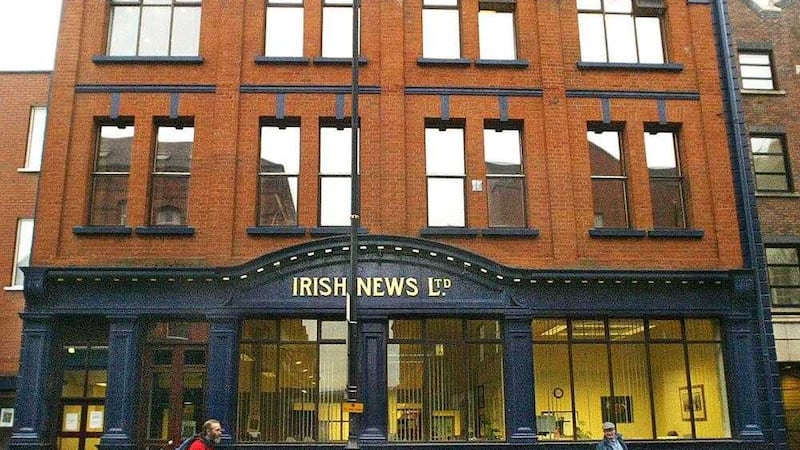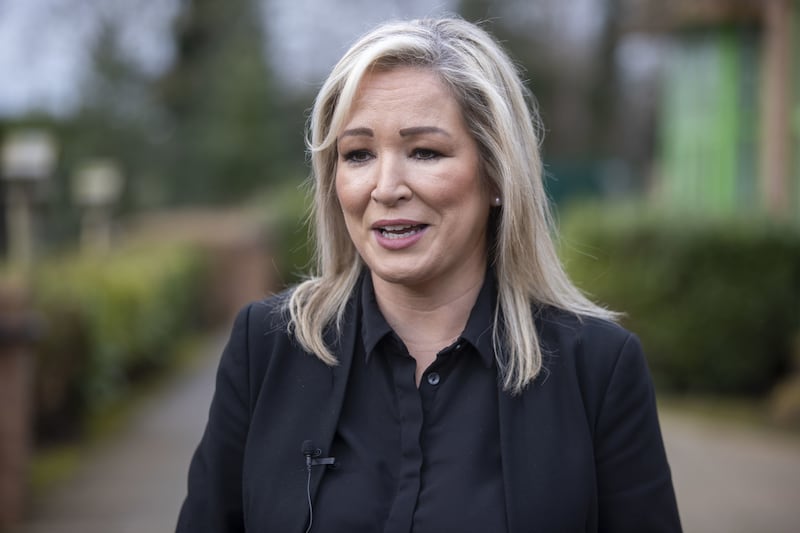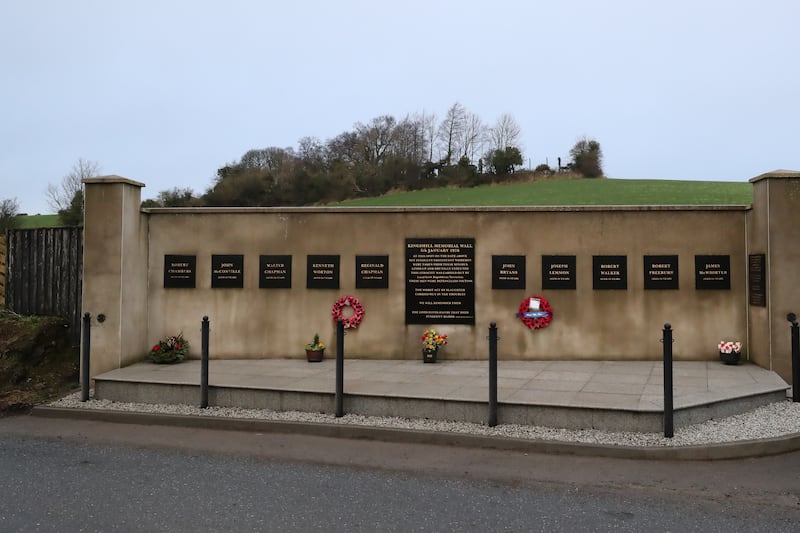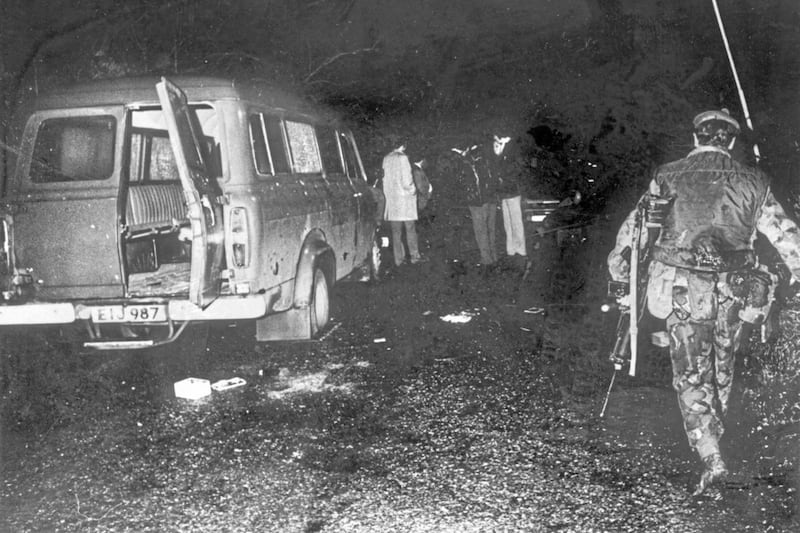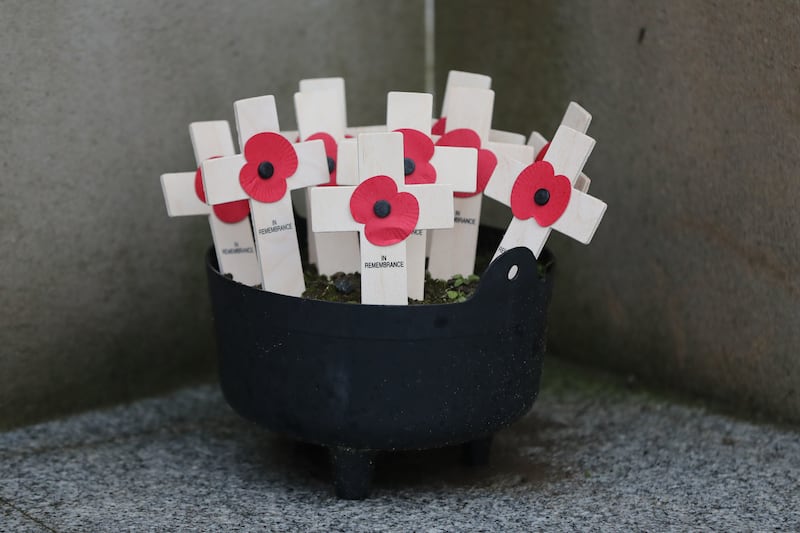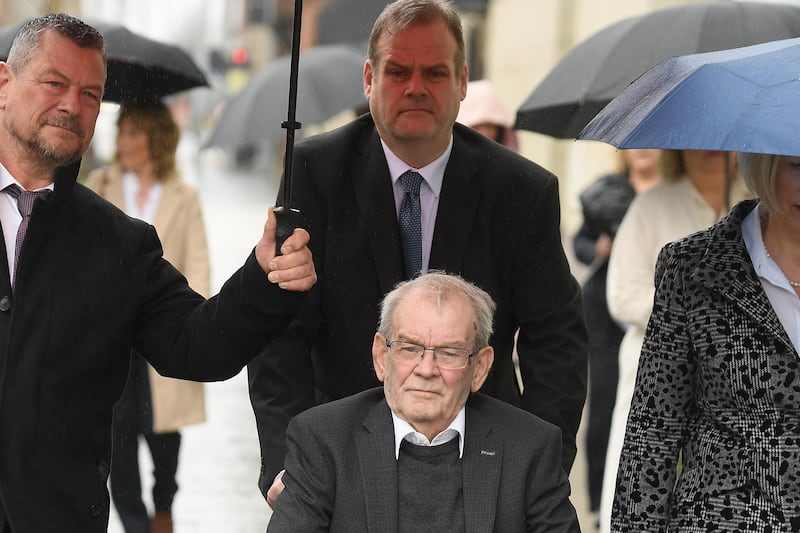SINCE The Irish News was founded in 1891, we have regularly had to resist various attempts to prevent us from publishing material which, after serious consideration, we firmly hold to be in the public interest.
Most, although not all, of the challenges, have come through legal avenues, and among the most unusual interventions we have faced in our long history was that made at the High Court in Belfast in the early hours of Saturday morning by a lawyer acting on behalf of the PSNI Chief Constable George Hamilton.
We were informed by the PSNI lawyer during a series of late night telephone calls that she intended to seek an order forbidding us from carrying a significant interview the following morning in relation to the appalling massacre by republicans of 10 Protestant workmen at Kingsmill in Co Armagh which, although it took place in January 1976, is only now the subject of a long awaited inquest.
The lawyer said that the action would proceed unless the editor of The Irish News offered a categorical assurance that the individual we interviewed, and who was last week dramatically linked by police after a delay of over 40 years to a palm print found on a getaway van used by the Kingsmill killers, would not be identified in our coverage.
Although no additional details about the person in question were revealed during the inquest, his name quickly became known and was circulated on social media over recent days. It was suggested by the PSNI lawyer that our coverage might “hinder an investigation”, but, despite repeated invitations, no basis for such a claim was provided at any stage.
The editor accordingly decided to continue with publication before we were eventually notified at 12.15am that Mr Justice Horner was being brought to the Royal Courts of Justice in central Belfast, and, although we did not have a proper opportunity to secure our own legal representation at such notice, the hearing was to proceed within 15 minutes.
Bizarrely, the banning application by the chief constable went ahead even though the story was then readily available anywhere in the world both through our digital platforms and our printed edition which was in the course of being distributed to newsagents across Ireland.
In the event Mr Justice Horner ruled that the case should be adjourned until this morning when The Irish News has arranged to have a full legal team present.
As readers will be aware, the interview which we published on Saturday was given by Colm Murphy, who was convicted at the Special Criminal Court in Dublin but later acquitted on appeal of conspiring to cause the 1998 Omagh atrocity in which 29 people, including a woman pregnant with twins, died.
Murphy, who claims he is being set up for political reasons, was found liable for the Omagh bombing in a civil case brought by relatives of the victims, but is not currently facing any criminal charges and continues to reside openly in Dundalk, Co Louth, and as we report today, has also made further grave allegations about events of the past.
It is essential that the truth about the carnage at Kingsmill, Omagh and elsewhere is established, preferably by the courts on either side of the border. However, if judicial progress has failed to take place for up to four decades, the The Irish News and other media outlets are also entitled to carry out their own responsible and accountable investigations.
In keeping with our intention to defend journalistic standards in particular, and the freedom of the press in general, we will respond to any developments occurring in the period ahead.
The Irish News respects the importance of not jeopardising criminal process and fully supports due legal procedure while jealously safeguarding the right in the public interest to publish important material in a responsible manner and in accordance with respected principles governing a free press.
